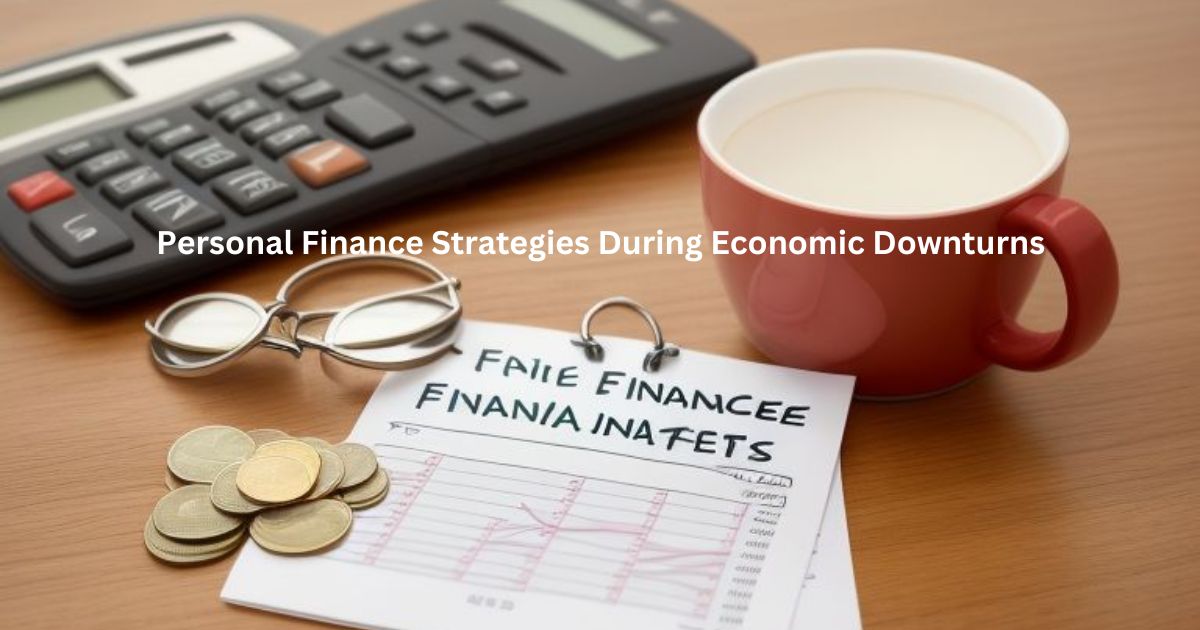Divorce marks a significant transition in life, bringing about not only emotional but also financial changes. Managing personal finances after divorce is crucial for rebuilding your financial foundation and ensuring long-term stability. Here are some essential tips and strategies to help you navigate this challenging time effectively.
Establishing a Budget
One of the first steps in managing personal finances after divorce is to establish a new budget. Your income and expenses may change significantly, so it’s important to create a budget that reflects your new financial situation. Include all sources of income and categorize your expenses, focusing on necessities such as housing, utilities, groceries, and transportation. This will help you live within your means and avoid unnecessary debt.
Managing Debt
Divorce can often leave you with shared debts that need to be addressed. It’s crucial to understand your debt obligations and develop a plan to manage them. Prioritize paying off high-interest debts first and consider consolidating or refinancing loans to lower your monthly payments. Communicate with creditors to inform them of your situation and negotiate payment plans if necessary.
Rebuilding Credit
Your credit score may take a hit during a divorce, especially if there were missed payments or high credit utilization. To rebuild your credit, start by checking your credit report for errors and disputing any inaccuracies. Make timely payments on all your bills, reduce your credit card balances, and avoid taking on new debt. Consider using a secured credit card to help rebuild your credit history.
Updating Financial Accounts and Legal Documents
After a divorce, it’s important to update your financial accounts and legal documents. Change the beneficiaries on your insurance policies, retirement accounts, and investment accounts. Update your will, power of attorney, and any other legal documents to reflect your new situation. This ensures that your assets are protected and distributed according to your wishes.
Planning for the Future
Managing personal finances after divorce also involves planning for the future. Set new financial goals and create a plan to achieve them. This may include saving for retirement, building an emergency fund, or investing in education or career development. Consult with a financial advisor to help you create a comprehensive financial plan tailored to your new circumstances.
Read more: Personal Finance Strategies for Freelancers
FAQs about Managing Personal Finances After Divorce
What are the key steps for managing personal finances after divorce?
Key steps include establishing a new budget, managing debt, rebuilding credit, updating financial accounts and legal documents, and planning for the future.
How can I create an effective budget after divorce?
Create an effective budget by listing all sources of income and categorizing your expenses. Focus on necessities such as housing, utilities, groceries, and transportation to ensure you live within your means.
What should I do about shared debts after divorce?
Understand your debt obligations and develop a plan to manage them. Prioritize paying off high-interest debts, consider consolidating or refinancing loans, and communicate with creditors to negotiate payment plans if necessary.
How can I rebuild my credit after divorce?
Rebuild your credit by checking your credit report for errors, making timely payments on all bills, reducing credit card balances, and avoiding new debt. Using a secured credit card can also help rebuild your credit history.
Why is it important to update financial accounts and legal documents after divorce?
Updating financial accounts and legal documents ensures that your assets are protected and distributed according to your wishes. It also prevents potential legal issues and ensures that your beneficiaries are current.
Conclusion
Managing personal finances after divorce is essential for rebuilding your financial stability and securing your future. By establishing a new budget, managing debt, rebuilding credit, updating financial accounts and legal documents, and planning for the future, you can navigate this challenging time with confidence. Implement these strategies to take control of your finances and build a secure financial foundation post-divorce.





